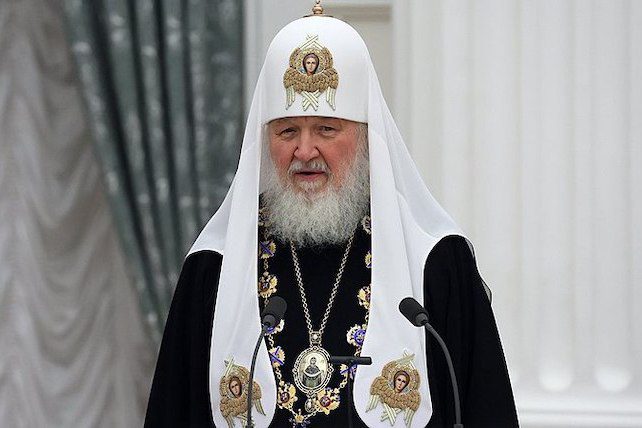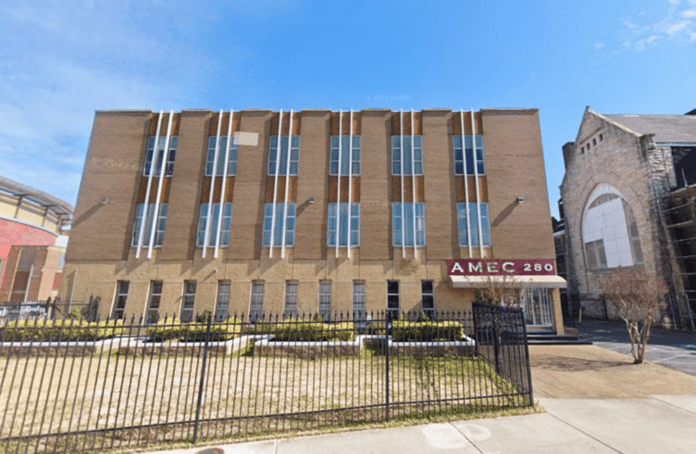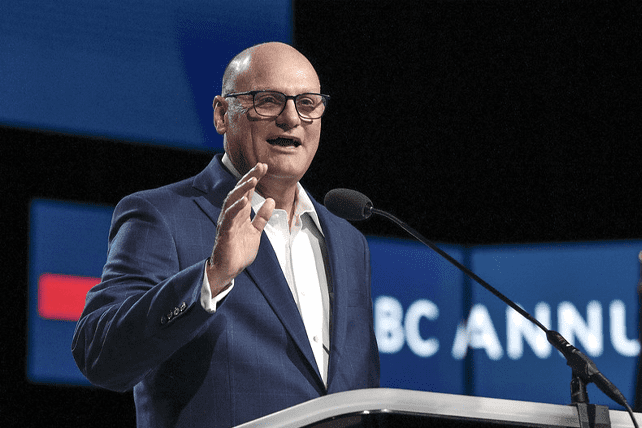Last week I was asked to lead worship at a small church plant. It was a new church where I, a 31-year-old, would be one of the older attendees. So I looked through my song list and chose three songs that would be fitting for the night before Easter. I wasn’t looking for any particular kind of song, just songs that conveyed the message of the cross and that might be familiar and singable in this group. It wasn’t until after I picked out the songs that I realized all three were hymns. My advice for those trying to use hymns modernized in modern worship is to stop trying. Stop trying to include hymns, and instead try only to use good, meaningful songs. That will inevitably include hymns
Making All Things New: Hymns Modernized
Hymns Modernized: The Reasons
There is no reason that “hymns” and “praise songs” need any distinction in your modern worship service. They are two sides of the same coin.
So when I plan worship, I look for songs that have good theological depth, are singable and fit the direction of the service I am planning for. It doesn’t matter if they are hymns or contemporary songs, and nowadays I often don’t even notice. If your worship repertoire is devoid of hymns altogether, than you are missing some powerful tools for leading meaningful worship. There are a lot of good reasons to include hymns in the modern worship repertoire, but there are a lot of bad reasons as well. As with all things in worship, the key is to be intentional and thoughtful.
Many hymns contain a great theological depth that can be rare in any form of worship. The song “Before the Throne of God Above” contains one of the greatest summaries of Christ’s atoning work outside the scriptures themselves. Hymns can also be accessible to many generations. Though most hymns may be familiar with only older generations, some will be able to connect with all ages, especially hymns modernized.
There are probably very few people in your congregation of any age who don’t know “I Surrender All” or “How Great Thou Art.” In addition, hymns can fit many styles of worship. “Mighty to Save” would sound awfully strange on a pipe organ, and “How Great Is Our God” might sound a little strange coming from a gospel choir, but “Amazing Grace” can sound natural coming from a grey haired piano player or a millennial with an acoustic guitar and skinny jeans.
Though hymns can be a natural part of a modern worship service they can also feel unnatural and insincere if done for the wrong reasons, the most common of which is sentimentality. If rampant emotionalism is the Achilles heel of contemporary worship then unchecked sentimentality is the same to hymnody.
I often receive requests to include certain hymns in worship. Sometimes the reason for the request is the great theology or musicality of the song, but many times it is simply for the sake of nostalgia. That particular hymn stirs a certain emotion in someone, often connected to childhood memories. That is the same shallowness for which contemporary music is often criticized. Good music will always cause an emotional reaction, but that emotional reaction itself is not to be worshipped. Our worship must pursue Christ first, and let emotions and sentimentality be a secondary effect.
Hymns Modernized: The Music
So you have some powerful, theologically rich hymns you’d like to include in your modern worship service, but how do you do so without being inauthentic to the culture of your church?
There are many ways to present hymns modernized, but these efforts fall into two general approaches: preserving the lyrics while changing the melody and musical setting of the hymn, or preserving the lyrics, melody and basic structure while changing the underlying musical style.
The advantage of keeping the original melody is that it is already familiar to many, which is one of the reasons to include hymns in the first place. The disadvantage is that some melodies sound very dated and can be harder for younger worshippers to pick up on. There are good times to use both approaches, but in this article I will be addressing the latter.
Before talking about the specifics of how to “modernize” hymns, I need to give a disclaimer. Much of playing hymns in a modern context is subtle and stylistic, it is about interpretation. Two technically proficient pianists could sit down at a piano and play the exact same piece of music “perfectly,” yet one could be moving and powerful, the other dry and unappealing. Much of modernization is about interpretation, so the best advice I can give is to become familiar with the piece before you play it. Once you are very familiar with the song, it will start to sound less mechanical and more natural to your own setting and style.
The second most important piece of advice is to play it like you mean it, play it with heart. You must believe in and understand what you are singing. If you are playing a hymn only because someone asked you to but have no investment in the song yourself, that hymn will sound insincere and out of place. How can you sing “here I raise my Ebenzer” with heart if you don’t know what an Ebenzer is?
From a technical standpoint, the process of “modernizing” a hymn is primarily simplifying chords, adding greater dynamics and relaxing the melodic rhythm. Many hymns are written in homorhythm; a chord on every beat with a melody that follows that rhythm exactly. Since most of modern music has fewer chord changes and rhythmically looser melodies, the older homorhythmic style can sound sterile and unemotional to the modern ear. (Not to mention, playing a chord on every beat sounds much better on an organ than a guitar.) So keep only the chords that must stay to support the melody.
Another attribute common in hymnody is lack of varied dynamics. Modern worship music relies much more on dynamics, or getting “bigger” and “smaller.” Barreling through the whole hymn as loud as possible can make it sound dated and tiring. Add some dynamics; a quiet verse followed by a bigger verse, or a big verse followed by a soft chorus.
As for the rhythm of the melody, since you’ve put some space in between chord changes, the melodic rhythm will have some room to relax just a bit as well. While I don’t recommend hitting the notes whenever you want and leaving the congregation in the dust, your melody can be less staccato and more legato. But always remember you are doing this to help worshippers that are used to modern melodies, not hinder them. If your melody is so rhythmically loose that it is hard to follow, then you have not modernized the song, you’ve just made it into a performance.
Hymns Modernized: The Band
If you are playing hymns with a full worship band who is only used to playing contemporary worship, you will need to be very intentional about how you want each member to convey the hymn. While all bands are different, here are a few general tips for band members:





















